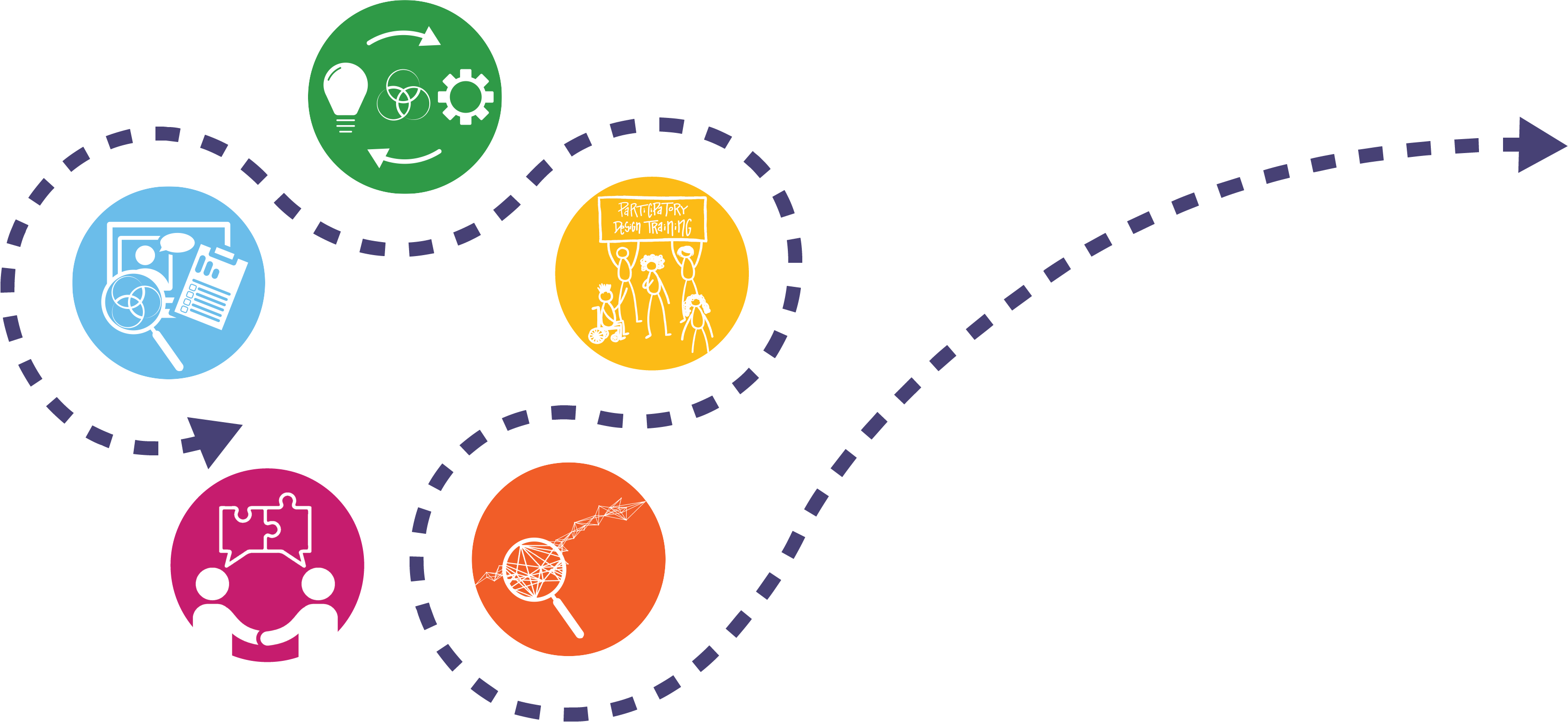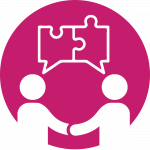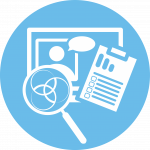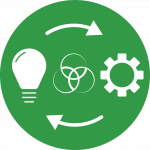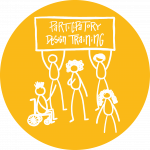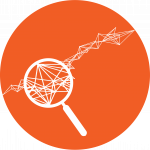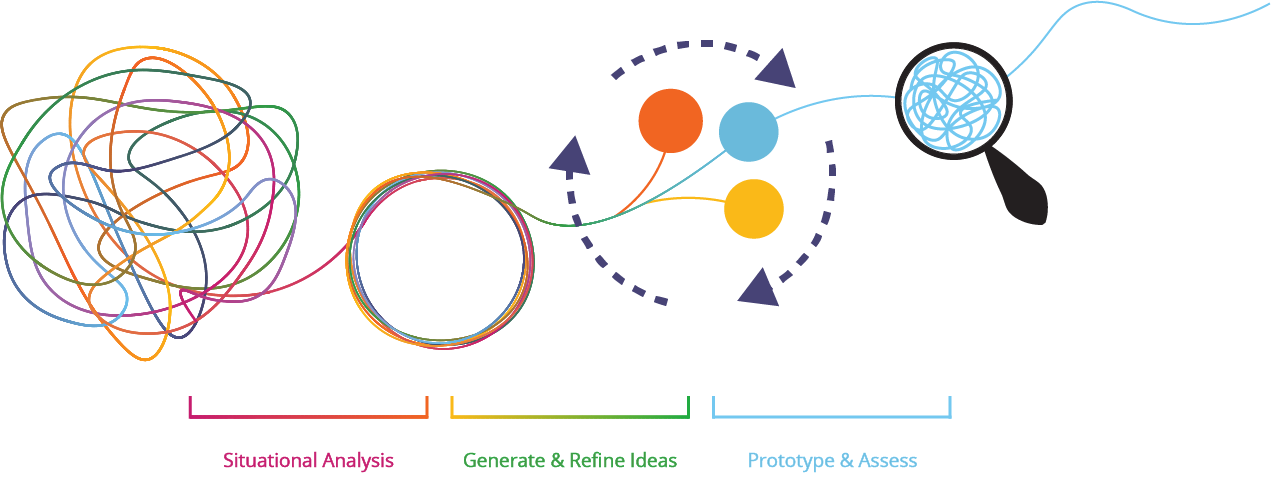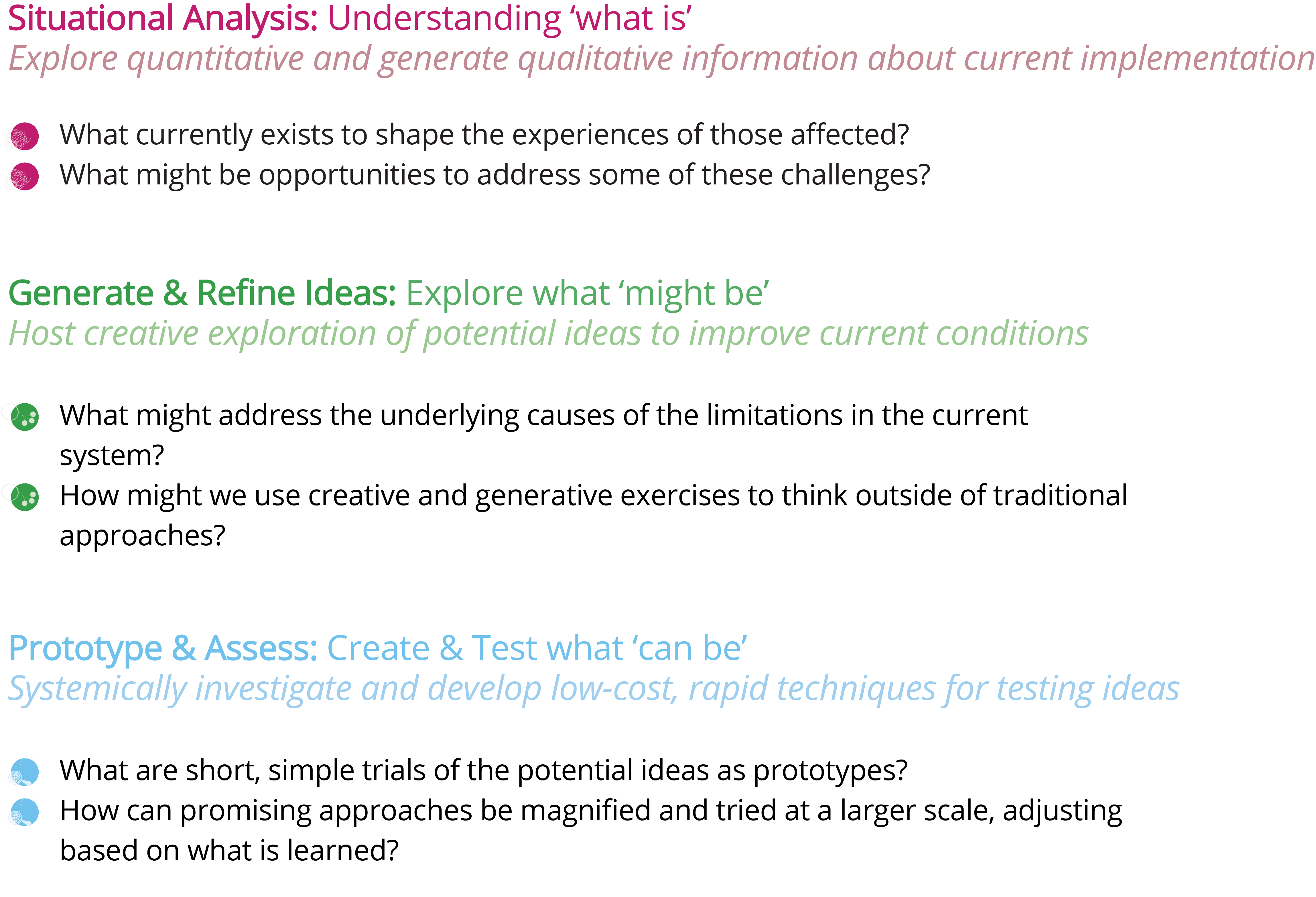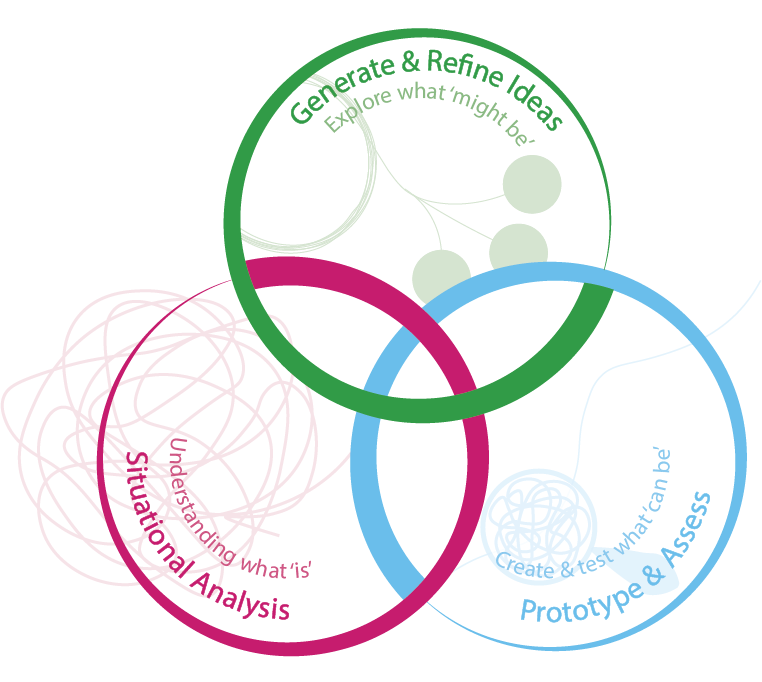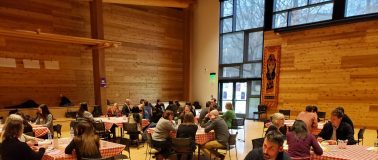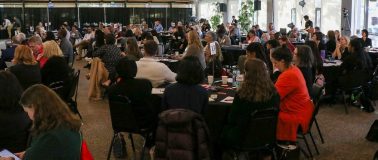Creating and implementing public policy solutions to today’s issues is complex. EPIC provides project leadership to help stakeholders seek solutions to complex public problems with approaches and ideas as unique as the problems themselves. Through facilitation, research, and implementation support, we convene stakeholders to share, learn, and practice – together.
EPIC generates open-source tools including policy design and implementation frameworks, evaluation rubrics, community trainings and courses, research resources, and a Public Service ReDesign Toolkit. Through this, we support actionable recommendations that teams in academia, government agencies, non-profits, and community organizations can use to enact change in their environments.
We work with our partners in the following ways:
Community Engagement Facilitation
Working collaboratively with government agencies, nonprofits, community organizations, and other stakeholder groups, EPIC co-designs and facilitates convenings that bring together researchers, legislators, policymakers, and the public to share knowledge, explore and analyze ideas, and develop plans and action steps that center stakeholders’ needs and perspectives.
Examples of this work:
- Civic Health Summit
- PFML National Convening
- AgForestry
Research Projects
EPIC provides research and analysis by connecting the expertise of UW’s faculty with clients to explore, assess, and co-create solutions to policy and organizational problems on a variety of topics. Using a human-centered design process, we approach research through situational analysis, exploring information about current implementation from diverse perspectives including academics, practitioners, policymakers, and those with lived experience to inform recommendations for action.
Examples of this work:
- Rejected Mailed Ballots in Washington State
Community Engagement & Implementation Projects
EPIC hosts communities by planning and facilitating convenings with diverse stakeholders that lead to collaboration and action. We work with a three-phase, iterative approach to human-centered design processes to intentionally engage key stakeholders through dialogue and design, which enables a change process that keeps the needs and perspectives of stakeholders centered. First, we analyze quantitative and qualitative information about current implementation. Next, we generate and refine ideas to improve current conditions. Finally, we systematically investigate and develop prototypes to test ideas.
Examples of this wok:
- Paid Family Medical Leave (PFML)
Participatory Design Trainings
EPIC facilitates workshops and trainings that give teams and communities of practice in public service agencies an opportunity to experience, explore, and practice ways to lead human-centered service redesign that sparks change. The EPIC team teaches powerful practices that enable participants to authentically engage, build community, and activate shared knowledge that surfaces and synthesizes different points of view. Our participatory leadership methodology, built and honed by practitioners around the world and aligned with research in organizational science and change, scales up from the personal to the systemic using practice, dialogue, design, and facilitation.
Examples of this work:
- Art of Hosting & Harvesting Conversations that Matter
- Art of Harvesting
- Art of Participatory Leadership
Leveraging the Expertise of Evans Faculty & Students
EPIC works alongside Evans School faculty, staff, and students to support community engagement with the public around urgent policy topics. The work centers around the co-created purpose and values held by the Evans School – equity, courage, service. We develop collaborative planning for program or system redesign, implementation strategies that can be administered in real time, and feasible policy recommendations.
Examples of this work:
- Student Consulting Lab
- Wolfle Action Lab @ EPIC
